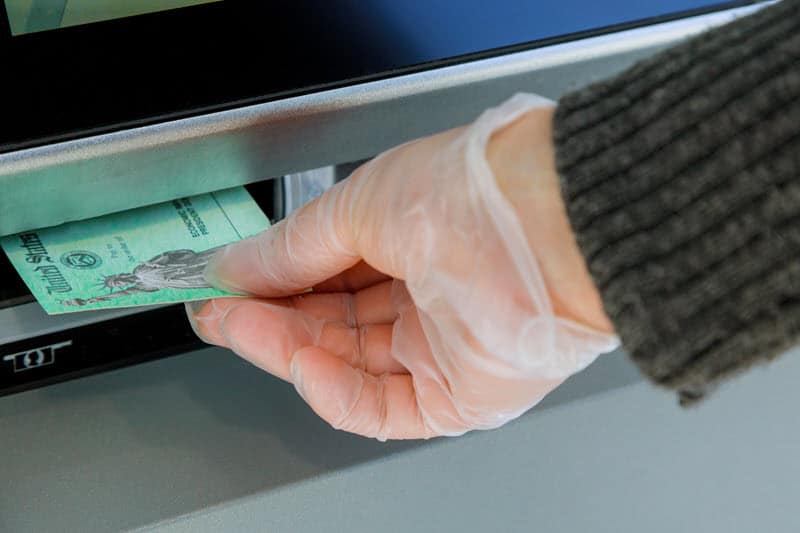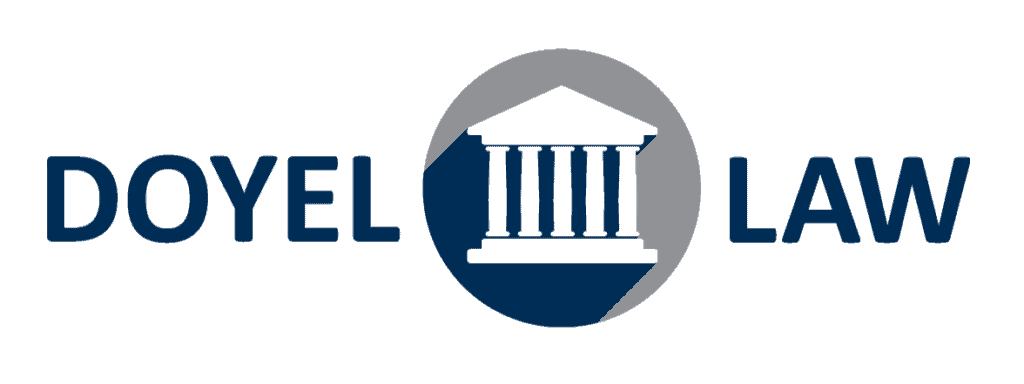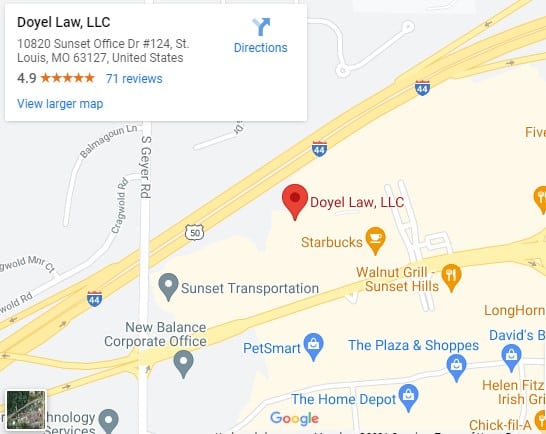What Happens to Your Covid Stimulus Money if You File for Bankruptcy?
The three stimulus checks the U.S. government has issued during the COVID-19 pandemic have been lifelines for some people. But for people with debt or those considering bankruptcy, the stimulus money might not be such a benefit. Can creditors access your government stimulus checks? What happens to this money if you declare bankruptcy?
Stimulus Checks and Creditors: What You Need to Know
The three stimulus checks the government has issued since March 2020 have different provisions concerning debt collection:
- CARES Act (March 2020): The stimulus payments of $1,200 do not have protection from seizure by creditors or debt collectors.
- CAA (December 27, 2020): Creditors may not garnish CAA payments of $600 for child support, private debt collection, or federal debts.
- ARPA (March 11, 2021): ARPA payments have no protection from private creditors, but the $1,400 ($2,400 for couples) payment cannot be garnished by the IRS or government agencies.
Bankruptcy and Your Stimulus Money
The government doesn’t consider any of the stimulus checks as property that you can exclude in a bankruptcy. Once you declare bankruptcy, your bankruptcy trustee may still be able to take your stimulus money:
- Chapter 7: A trustee can collect your stimulus check payment and distribute it to creditors.
- Chapter 13: A trustee can require you to pay the stimulus amount as part of your repayment plan.
Although the U.S. Trustee Program stated that it doesn’t expect trustees to collect stimulus payments, the law doesn’t prevent them from doing so. Therefore, it may be wise to wait to file bankruptcy until after you receive your stimulus check and spend it on necessary expenses.
Can You Exempt Your Stimulus Money?
If you can claim a bankruptcy exemption for your stimulus payment, then you can hold onto your money. In Missouri, you can use a wildcard exemption when you file for bankruptcy. A wildcard exemption allows you to exclude any property up to $600 ($1,200 if filing jointly with a spouse) and up to $1,250 if you’re the head of your family. The head of household exemptions also includes an extra $350 per dependent under age 21 or with a disability.
Is bankruptcy the right solution for your situation? At Doyel Law, our experienced bankruptcy attorneys can answer all your questions concerning stimulus money. Contact our bankruptcy attorneys today to get started.



